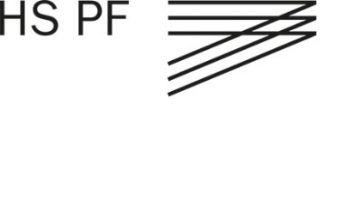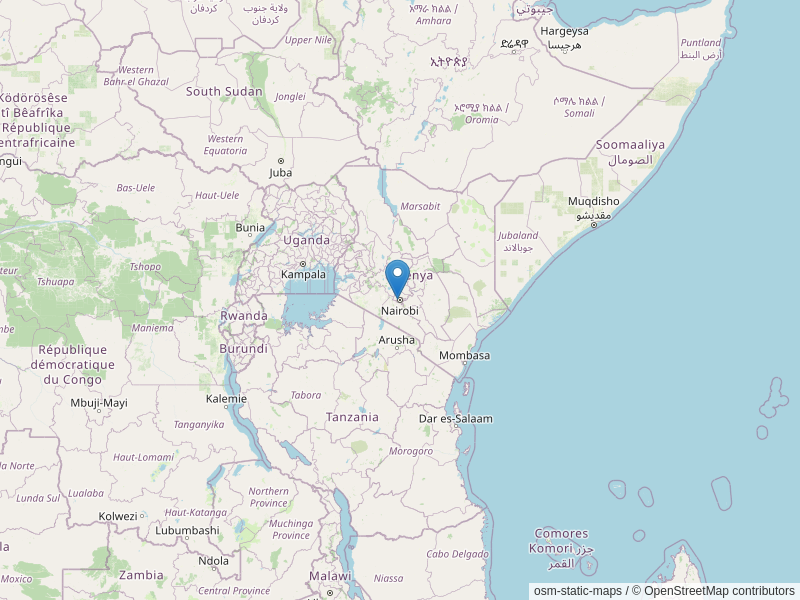Research manager with a DAAD-funded scholarship in the “Development-related postgraduate courses (EPOS)”
Please introduce yourself
 I am a DAAD alumnus and a civil engineer by profession. I studied civil engineering at the University of Nairobi and graduated in 1996. After that, I worked at various consulting companies, where I was mainly involved in road projects. I gained field experience in engineering until 2001 and then studied a master’s program in infrastructure planning in Germany until 2003.
I am a DAAD alumnus and a civil engineer by profession. I studied civil engineering at the University of Nairobi and graduated in 1996. After that, I worked at various consulting companies, where I was mainly involved in road projects. I gained field experience in engineering until 2001 and then studied a master’s program in infrastructure planning in Germany until 2003.
After my studies , I returned to Kenya where I held teaching positions at the Jomo Kenyatta University of Agriculture and Technology as a tutorial fellow and also worked at various engineering firms.
The work at the university and in the engineering office was very demanding, I had to multi-task a lot, and sometimes it wasn’t easy to achieve my work goals satisfactorily.
The desire to only work in one place was always on my mind. I realized this after I joined the Japan International Corporation Agency (JICA) in 2007. I later moved to the Kenyan government, where I worked for the Kenya Roads Board since 2010. I have been working at the European Commission since 2013 to this day.
At the European delegation, I work as a Programme Manager, overseeing the implementation of various infrastructure projects jointly funded by the European Union, the Kenyan government, and other development partners. These primarily include transport development programs.
Please tell us more about your time as a DAAD scholarship holder: Which program awarded you the scholarship? How long were you a DAAD scholarship holder, and where did you study? In which area did you study, and what did you research?
I received a full scholarship for the master’s degree in infrastructure planning at the University of Stuttgart. The study program lasted two years, and my research dealt with urban planning. Due to the integrated nature of the course, I had the opportunity to gain a good understanding required to formulate complex infrastructure programs.

Since infrastructure projects are interdependent, the approach of this course is very suitable for planners, designers, and even decision-makers, as it allows learners to learn more about integrated planning. In other words, if you want a good settlement plan, you need a functioning transport system, coupled with water supply, environmental protection, and social facilities.
After my course, I understood that infrastructure facilities do not really deliver the desired value without optimizing location and scope or size.
What made you apply for a DAAD scholarship and in particular for the EPOS program in Stuttgart?
I was motivated to apply to study in Germany because I wanted to experience life in a developed country. I had learned about Germany from magazines when I was young and thought the country was very beautiful. I watched ʺFootball made in Germanyʺ in elementary school, and the way the players played in this country really impressed me. Also, some of my colleagues had received scholarships and they encouraged me to apply.
The study program was also good; it addressed the infrastructure challenges I experienced in my country. Financing was also attractive; getting a scholarship meant you covered all the expenses. Being awarded a scholarship was a blessing, as I did not come from a wealthy background. In addition, the course was taught in English.
How did you experience living and studying in Germany?
 When I arrived in Germany, I had very high expectations and expected things from life to studying to go quite smoothly. But that wasn’t the case. First was the language barrier. Although the training was in English, I needed basic German to find my way around. After a few months of learning the German language, this was somehow resolved, and I was at least able to maintain everyday communication.
When I arrived in Germany, I had very high expectations and expected things from life to studying to go quite smoothly. But that wasn’t the case. First was the language barrier. Although the training was in English, I needed basic German to find my way around. After a few months of learning the German language, this was somehow resolved, and I was at least able to maintain everyday communication.
I also had to get used to liking German food and perfect some habits like punctuality and independence. The learning curve was also enormous, which kept us very busy, so the 2-year period went by pretty quickly.
You work as a project manager at the delegation of the European Union in Kenya and now inform and advise researchers on the EU funding program “Horizon.” How did it come about, and what do you bring from your studies and your experiences in Germany?
After gaining experience working with engineering firms, the Kenyan government, and an international organization, I joined the EU. At the time, EUD had a vacancy, and they needed someone with experience in transportation programs. My broad experience and academic background allowed me to be hired.
My education in Germany gave me experiences that allowed me to do my job quite well as it was an integrated program.
My work involves advising professionals from different fields, and the programs I lead have many aspects that I studied in Germany. When planning infrastructure projects, you need to address social and environmental concerns and assess the impact of other infrastructure facilities, bringing in aspects of integrated planning. In addition to managing infrastructure programs, I also coordinate the Horizon Europe 2020 program.
Please tell us more about the Horizon Europe 2020 program!
The ʺHorizonʺ program is a research and innovation program that facilitates collaboration between researchers worldwide, in this case Kenyan and European researchers. The program is not well known to researchers in Kenya, so more information sessions and advice are needed.
We have the impression that the EU funding programs and their possibilities are not well known in Africa. What do you make of it? What could be done better to make these programs known and where do you see possible points for working with the DAAD as an alumnus?
EU programmes target crucial development areas and are also implemented jointly with partner states and NGOs. So, the programs are well known in government circles and the NGO world. The implementation of the programmes also has visibility components. But for the public, there is still room to improve the knowledge of EU programmes.
Since the ʺHorizon Europe programmeʺ is a research-based program linking European researchers with Kenyan researchers, I believe its funding would go a long way towards promoting research in the country. As an alumnus, I will do my best to make the program known to other DAAD alumni.
Thank you for the interview, and all the best for the future!






